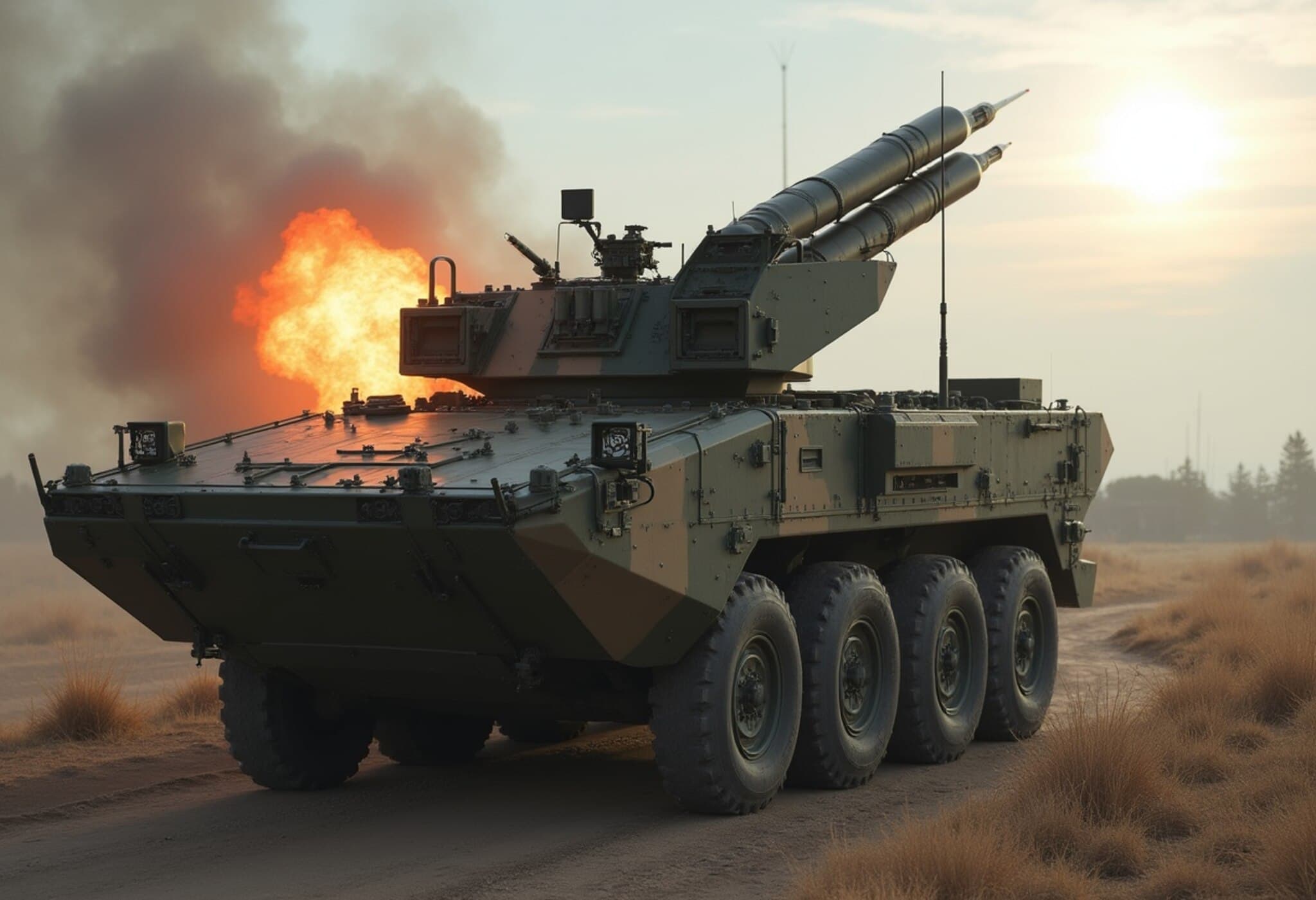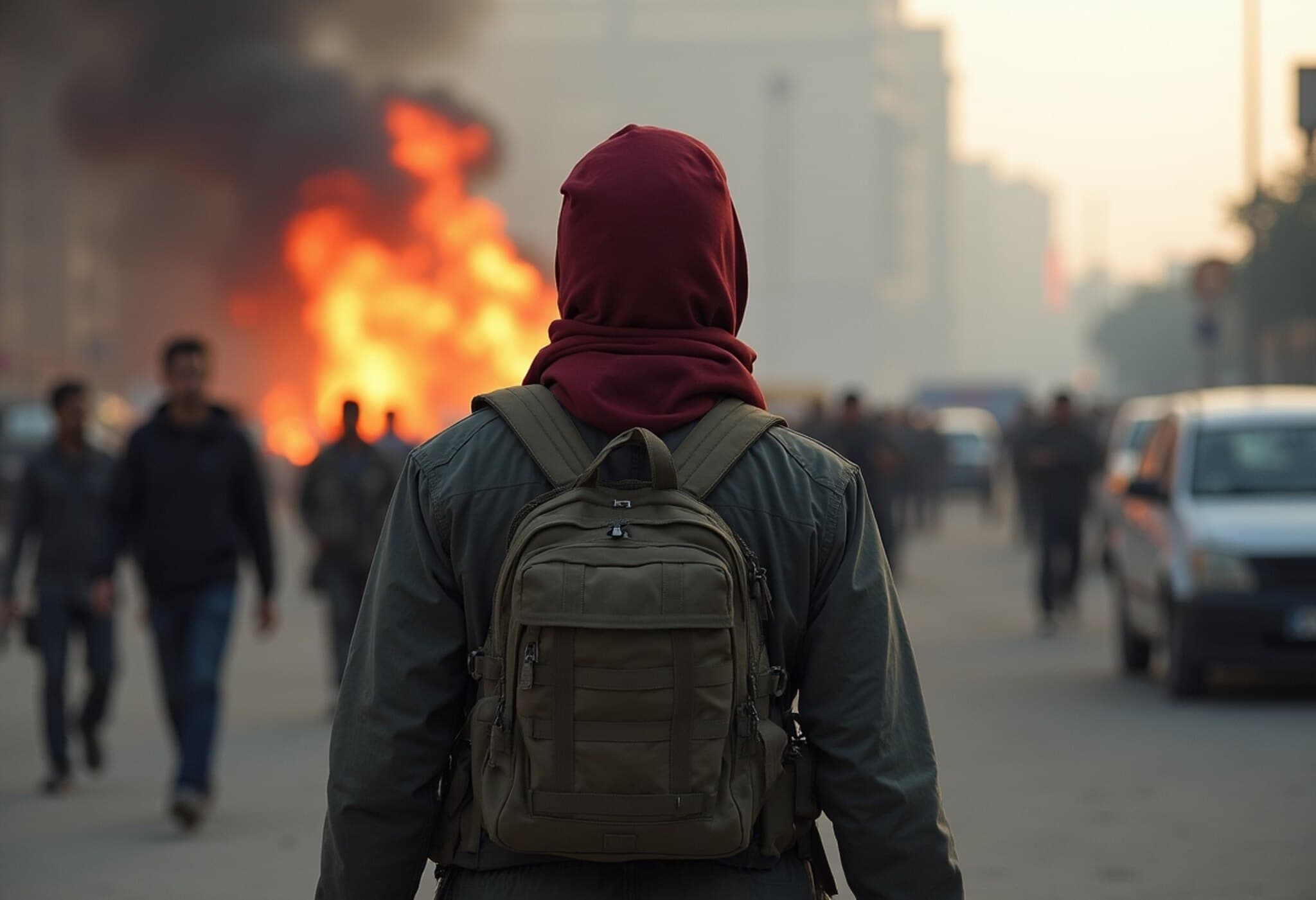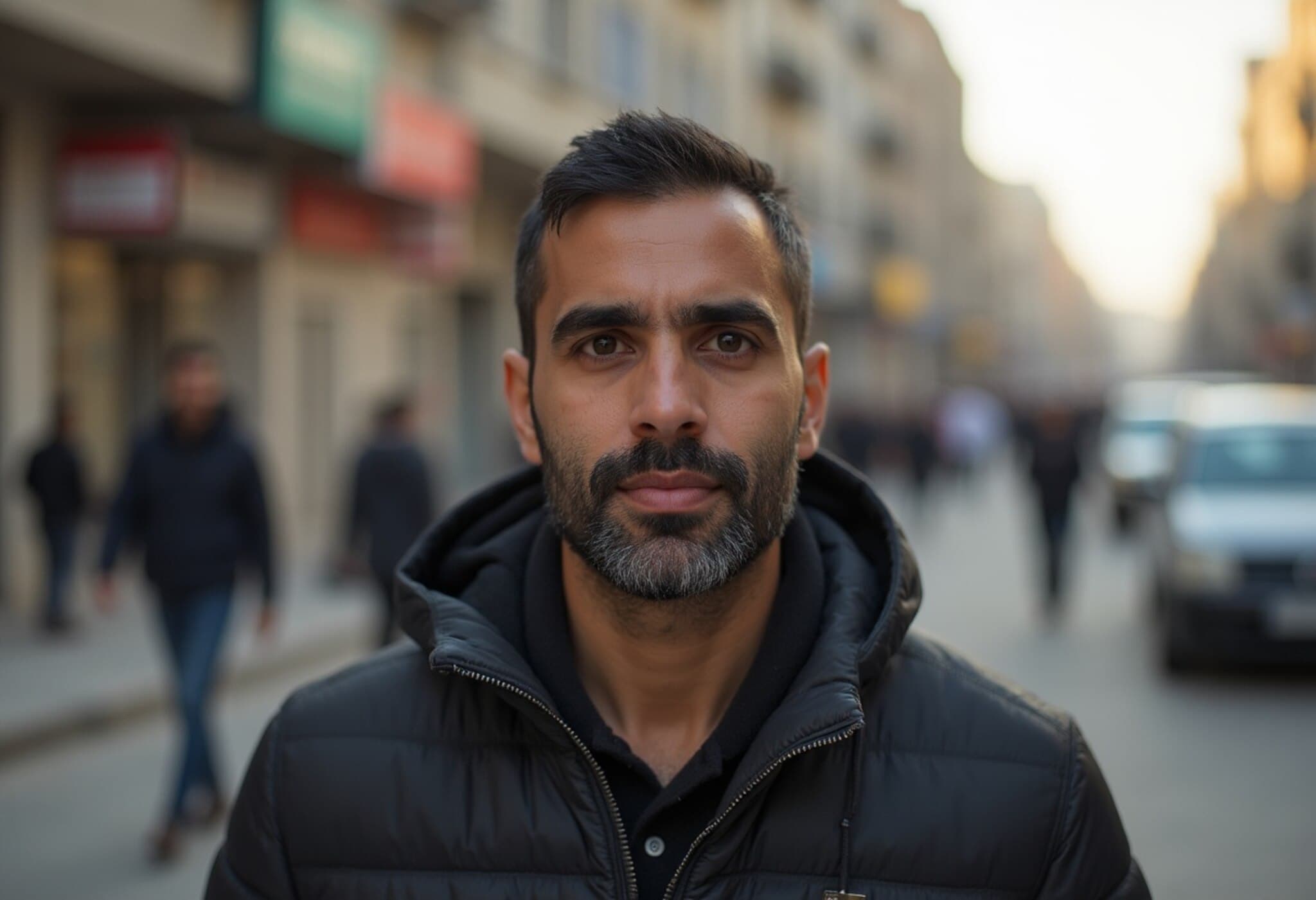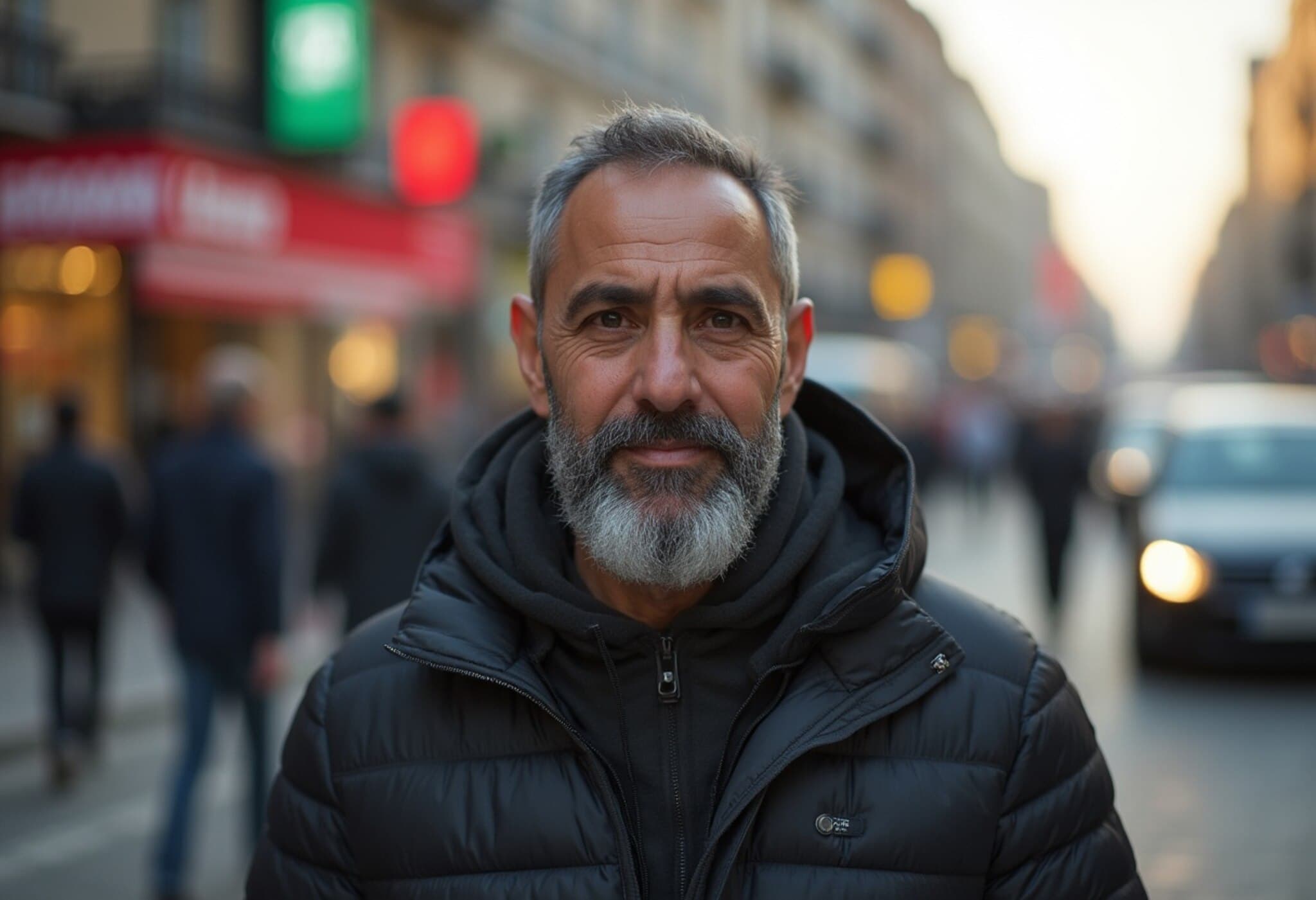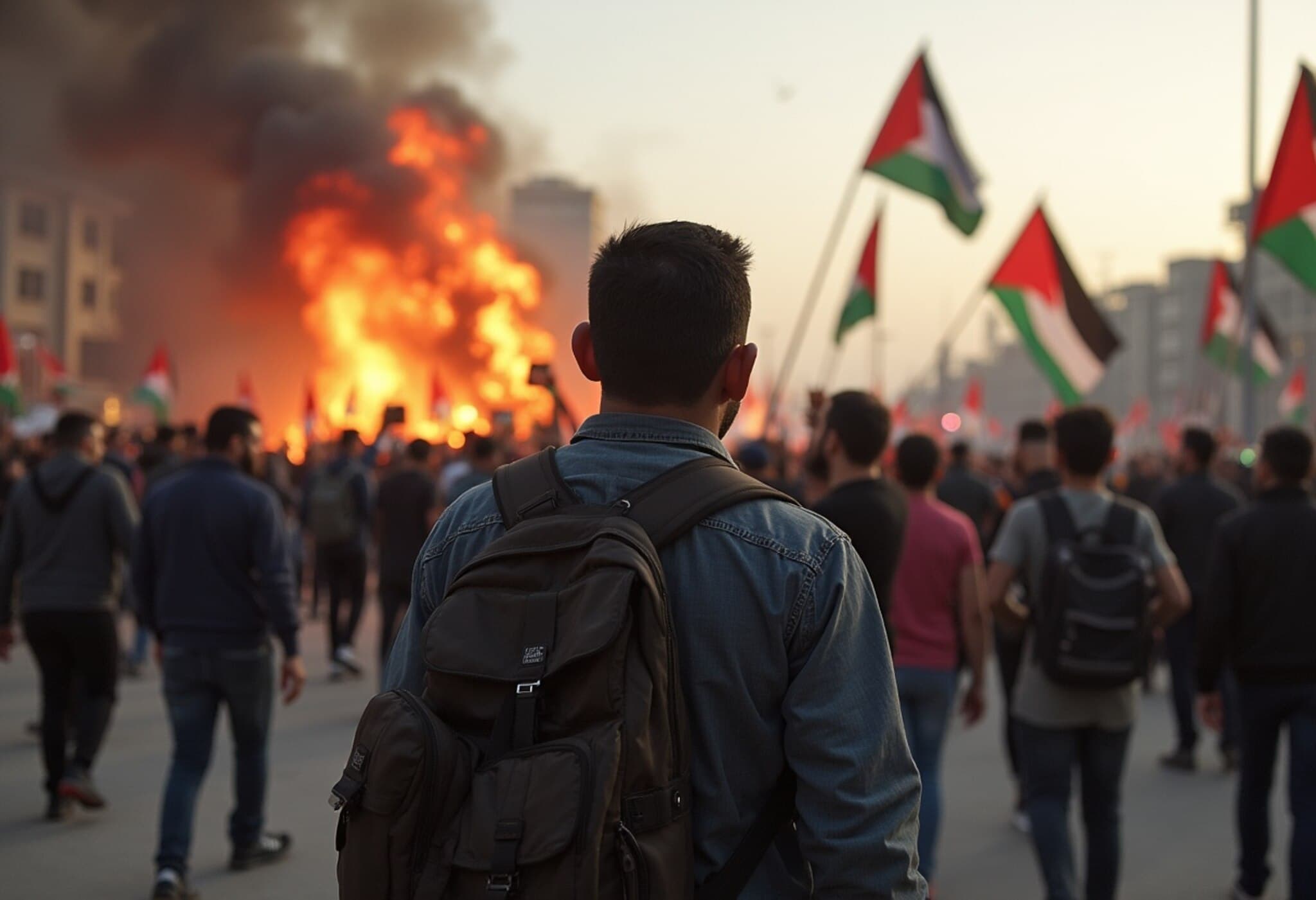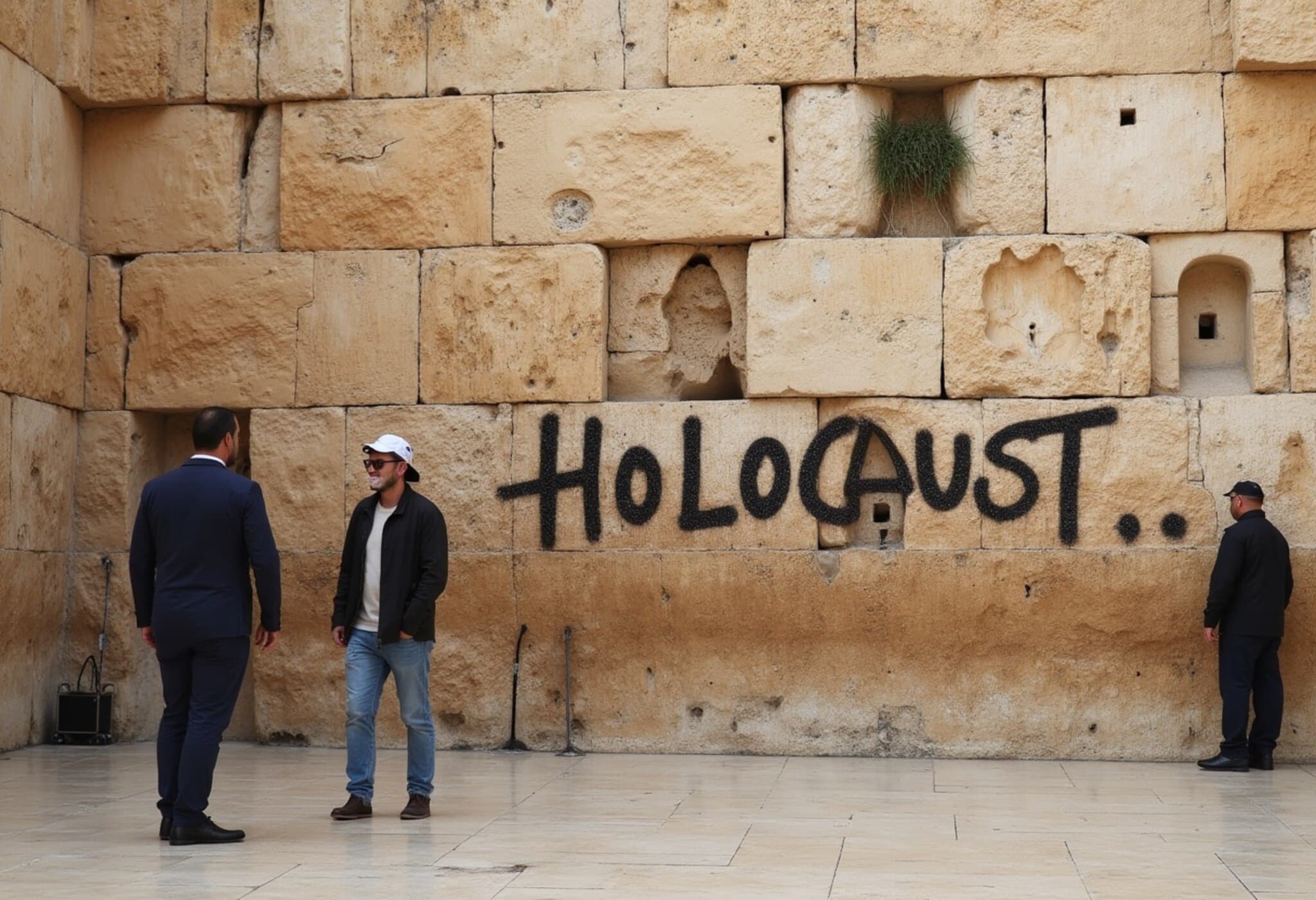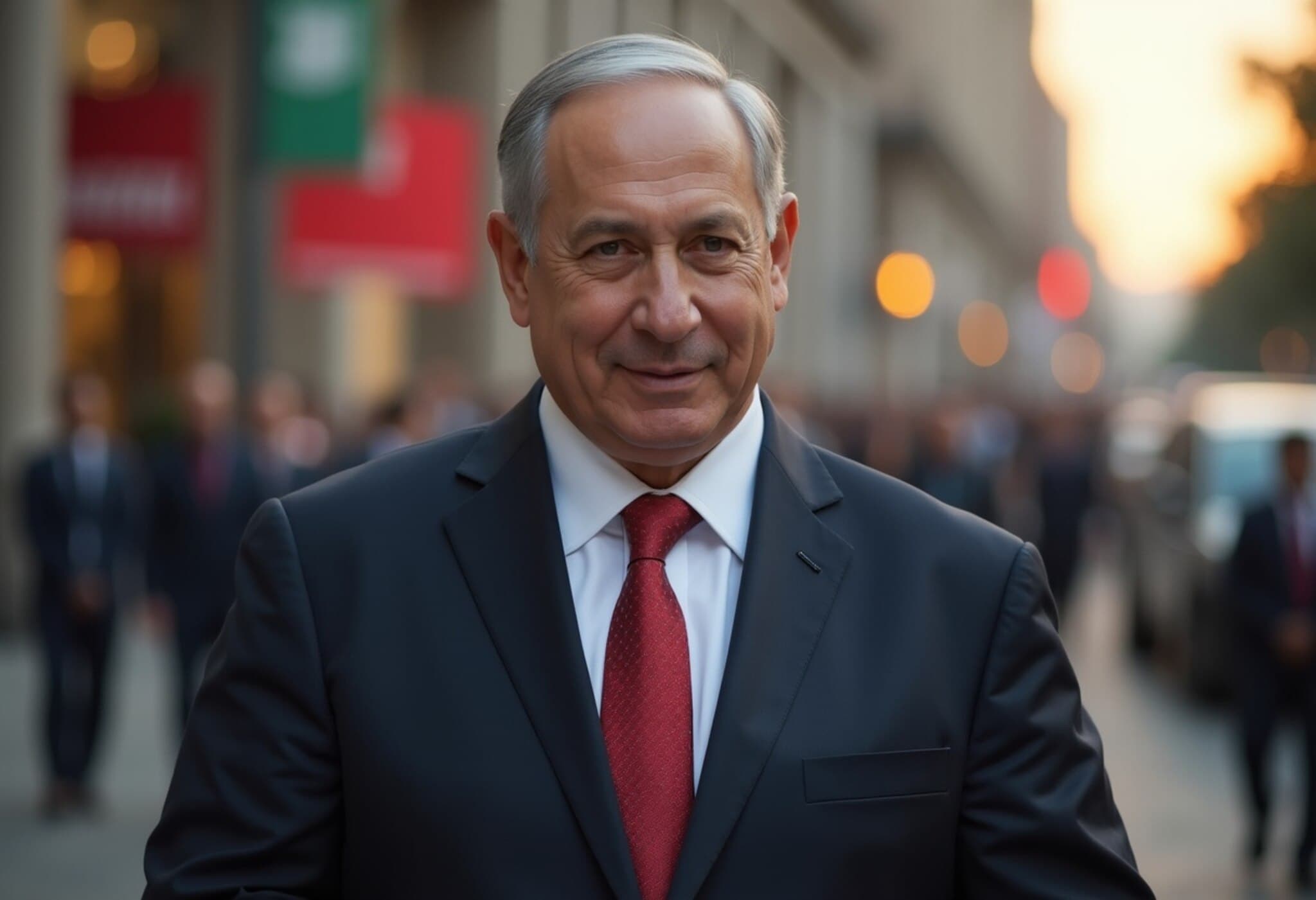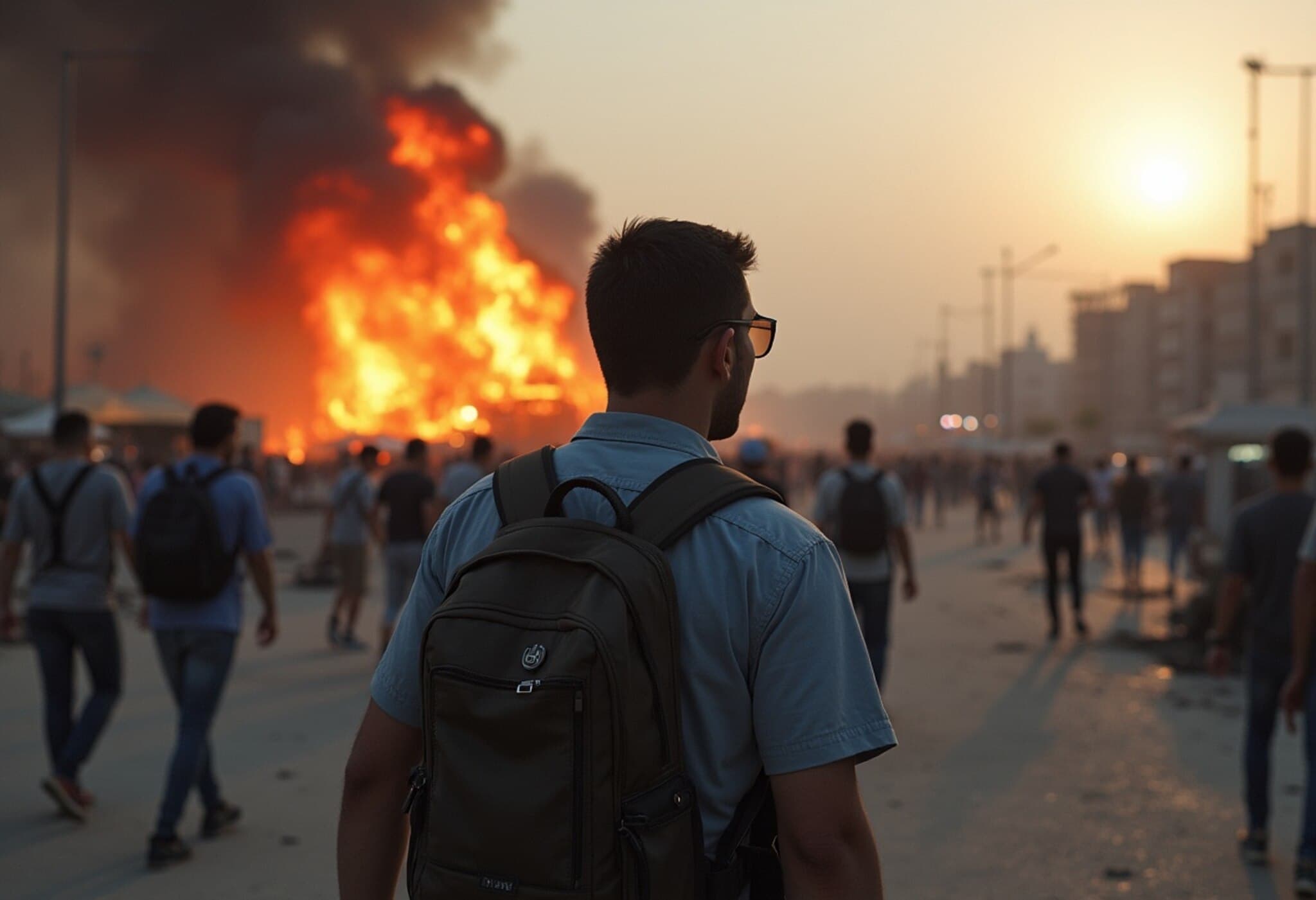UK Prime Minister Expresses Deep Concern Over Journalist Safety in Gaza
British Prime Minister Keir Starmer has voiced grave concern regarding the persistent targeting of journalists amid the escalating conflict in Gaza. This statement comes in the wake of an Israeli airstrike that reportedly killed five reporters, including the prominent Al Jazeera journalist Anas Al Sharif.
Controversy Surrounds Death of Anas Al Sharif
Israel’s military claims that Al Sharif was not merely a reporter but the head of a Hamas militant cell involved in rocket attacks on Israeli territory. However, Al Jazeera, funded by the Qatari government, has strongly refuted these allegations. Before his death, Al Sharif himself had denied any links with Hamas, underscoring the complex narratives surrounding journalists operating in high-risk zones.
International Humanitarian Law and Press Freedom Under Fire
Starmer’s spokesperson emphasized that journalists covering conflicts are protected under international humanitarian law and must be able to operate without fear of reprisal:
“Reporters covering conflicts are afforded protection under international humanitarian law, and journalists must be able to report independently, without fear. Israel must ensure journalists can carry out their work safely.”
When questioned about Israel’s claims linking a journalist to Hamas, the spokesperson called for a thorough and independent investigation, but maintained that the repeated targeting of journalists is a matter of urgent concern.
Contextualizing the Risks for Journalists in Conflict Zones
The Gaza conflict has been particularly deadly for media personnel, who frequently navigate a delicate balance between documenting truth and surviving intense hostilities. According to experts on conflict journalism, attacks on reporters not only endanger lives but also threaten to undermine the flow of independent information — a cornerstone of democratic discourse.
In recent years, international watchdogs and press freedom organizations have highlighted an alarming trend: journalists are increasingly caught in the crossfire or deliberately targeted, especially in geopolitically sensitive areas like Gaza. This reality raises pressing questions about the effectiveness of protections under international statutes and the role of governments in safeguarding press freedom.
US and Global Reactions: Emphasizing Legal and Ethical Implications
From an American policy perspective, the repeated targeting of journalists complicates diplomatic efforts in the Middle East. The United States, a close ally of Israel, has historically balanced support for Israel’s security with calls for humanitarian considerations, including press freedom.
Legal experts suggest that any credible investigation would need to disentangle the murky lines between combatant and non-combatant roles in conflict zones — a challenge especially acute when journalists are accused of dual roles. However, the principle of presumption of non-combatant status is critical to protecting journalists globally.
What Lies Ahead for Journalism in Gaza?
- Ensuring robust and independent investigations into allegations against journalists to uphold due process.
- International collaboration to reinforce journalist protections under humanitarian law.
- Amplifying voices of frontline journalists to highlight the human impact of conflict beyond political rhetoric.
- Engagement by governments and international bodies to guarantee safe reporting environments.
Ultimately, the safety of journalists like Anas Al Sharif is not only a matter of individual security but a fundamental litmus test for the health of information dissemination during conflict. As global citizens, public vigilance and advocacy play crucial roles in demanding transparency and safeguarding free speech under duress.
Editor’s Note
The tragic loss of journalists in Gaza underscores a broader crisis facing media professionals in conflict zones worldwide. While security concerns are real, they must not be used to justify unchecked violence against those whose role is to document and inform. This situation calls for robust accountability mechanisms and renewed international commitment to press freedom — essential pillars of any democratic society, even amid war. Readers are encouraged to consider how media narratives shape public understanding and to support independent journalism that strives to illuminate truth in the darkest of times.









